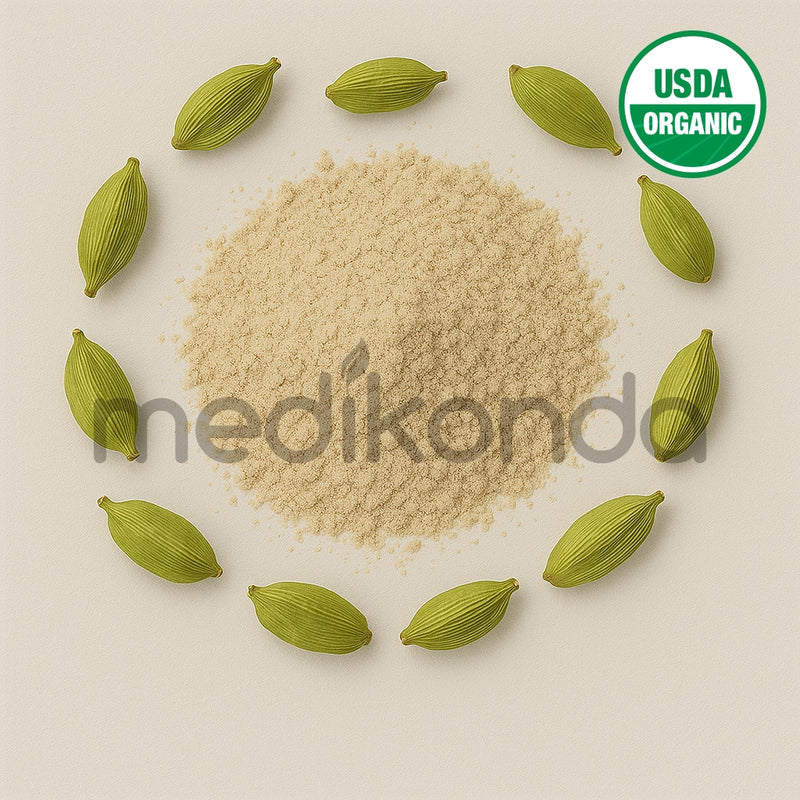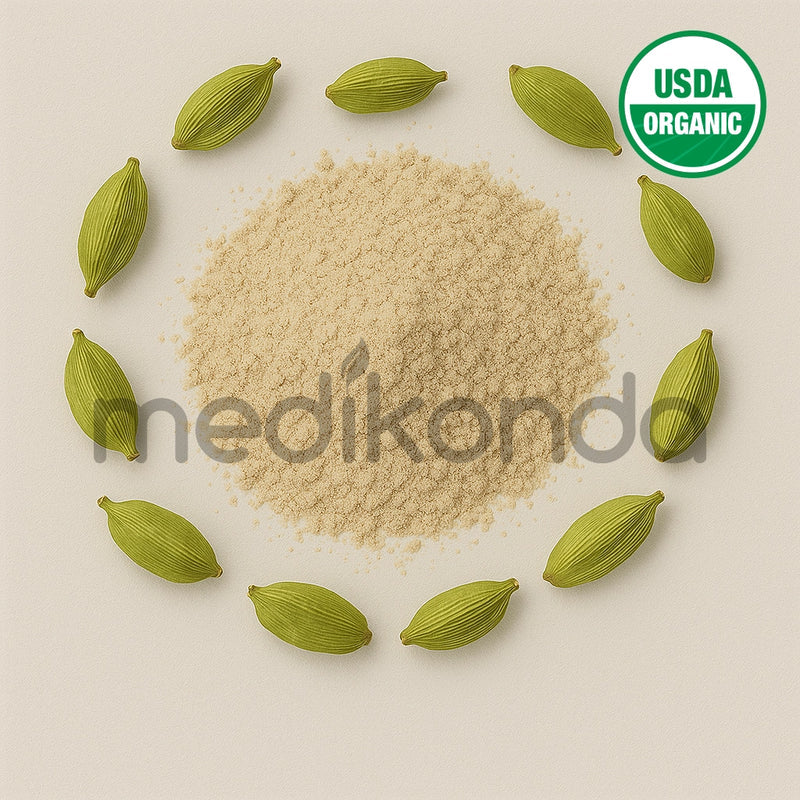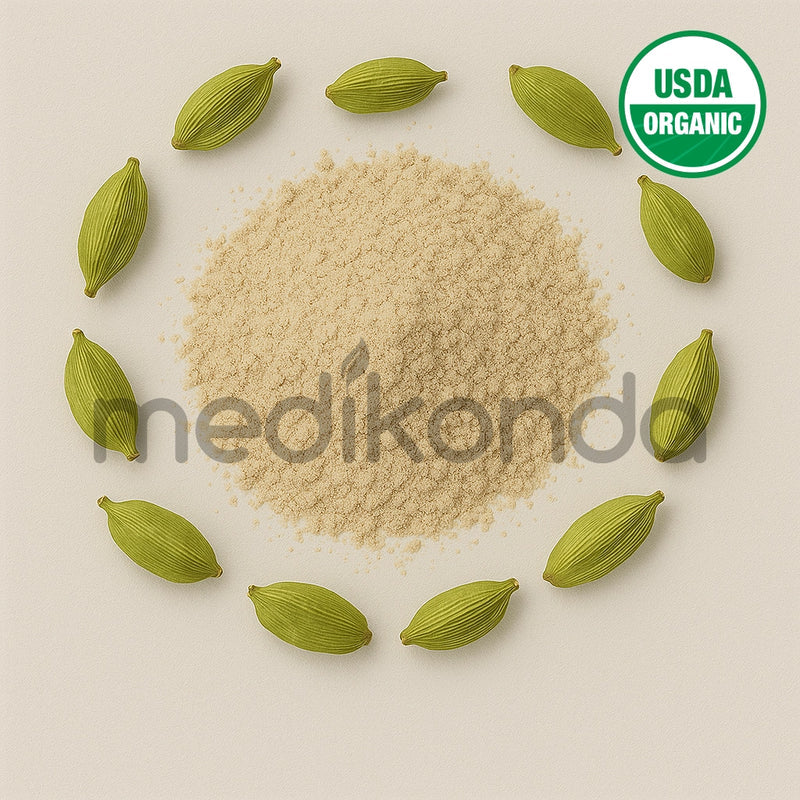Add description, images, menus and links to your mega menu
A column with no settings can be used as a spacer
Link to your collections, sales and even external links
Add up to five columns
Add description, images, menus and links to your mega menu
A column with no settings can be used as a spacer
Link to your collections, sales and even external links
Add up to five columns
LOOKING FOR BULK INGREDIENTS PRICING?
GET INSTANT QUOTEwhat ingredient are you looking for?

Benefits of Uridine - Wholesale B2B Bulk Suppliers in Australia and New Zealand
Uridine: A Powerful Nucleotide for Brain Health and Cellular Function
What is Uridine?
Uridine is a naturally occurring nucleotide that plays a crucial role in numerous biological processes within the human body. As one of the five standard nucleosides found in RNA, uridine consists of uracil attached to a ribose sugar. It is vital for RNA synthesis, cellular signaling, and brain function. While the body produces uridine on its own, it can also be obtained through certain foods and supplements to enhance cognitive performance and support overall cellular health.
Biological Role of Uridine
Uridine is essential in:
-
RNA formation: As a component of ribonucleic acid, uridine is necessary for building and maintaining cellular RNA structures.
-
Phospholipid synthesis: It helps in the formation of phosphatidylcholine, a major phospholipid in brain cell membranes.
-
Glycogen metabolism: Uridine derivatives assist in the synthesis and storage of glycogen in the liver.
-
Neurotransmitter regulation: It influences levels of key neurotransmitters like dopamine and acetylcholine.
Natural Sources of Uridine
While uridine is synthesized in the liver and other tissues, dietary sources include:
-
Brewer’s yeast
-
Sugarcane extract
-
Broccoli
-
Tomatoes
-
Beer
-
Organ meats (liver)
However, most dietary uridine is broken down in the liver before reaching the brain, which is why uridine monophosphate (UMP) supplements are preferred for therapeutic effects.
Benefits of Uridine Supplementation
1. Cognitive Enhancement
-
Uridine is known to support memory, learning, and neuroplasticity.
-
It works synergistically with choline and DHA to boost the production of brain phospholipids.
-
Helps maintain synaptic function, especially beneficial for those with age-related cognitive decline.
2. Mood Support
-
Uridine may help regulate dopaminergic activity, potentially improving symptoms of depression and bipolar disorder.
3. Neuroprotection
-
It has been shown to support mitochondrial function, reduce oxidative stress, and enhance neuronal repair mechanisms.
4. Promotes Healthy Sleep
-
Through its impact on the central nervous system, uridine can assist in improving sleep quality and regulating circadian rhythms.
5. Supports Brain Development in Infants
-
Found in human breast milk, uridine is important for early neural development and synapse formation in newborns.
Applications in Health and Research
-
Neurodegenerative diseases: Investigated for its role in managing Alzheimer’s disease, Parkinson’s disease, and cognitive impairment.
-
Psychiatric disorders: Studied as a potential supplement in the treatment of depression, bipolar disorder, and ADHD.
-
Cellular therapy and repair: Used in regenerative research to promote tissue healing and DNA/RNA synthesis.
Dosage and Safety
Typical supplemental doses range from 150 mg to 1,000 mg per day (often as UMP). It is generally well-tolerated, though mild side effects like gastrointestinal discomfort or headaches may occur in rare cases. As always, consult a healthcare provider before beginning any new supplement.
Final Thoughts
Uridine is a remarkable nucleotide with far-reaching effects on brain health, mood regulation, and cellular vitality. Whether you're looking to enhance cognitive function, support neurological health, or promote RNA synthesis and mitochondrial function, uridine offers powerful, science-backed benefits. As part of a balanced supplement regimen, it holds great promise in both preventive and therapeutic health strategies.
For bulk orders and inquiries, visit Medikonda Nutrients - Uridine
Medikonda Nutrients is the Largest Manufacturer, B2B Bulk Wholesale Supplier of Uridine in Australia and New Zealand.
Also in Medikonda: Health & Wellness
SUBSCRIBE NOW ...
Don't miss to get latest updates on sales, new releases and promotions




